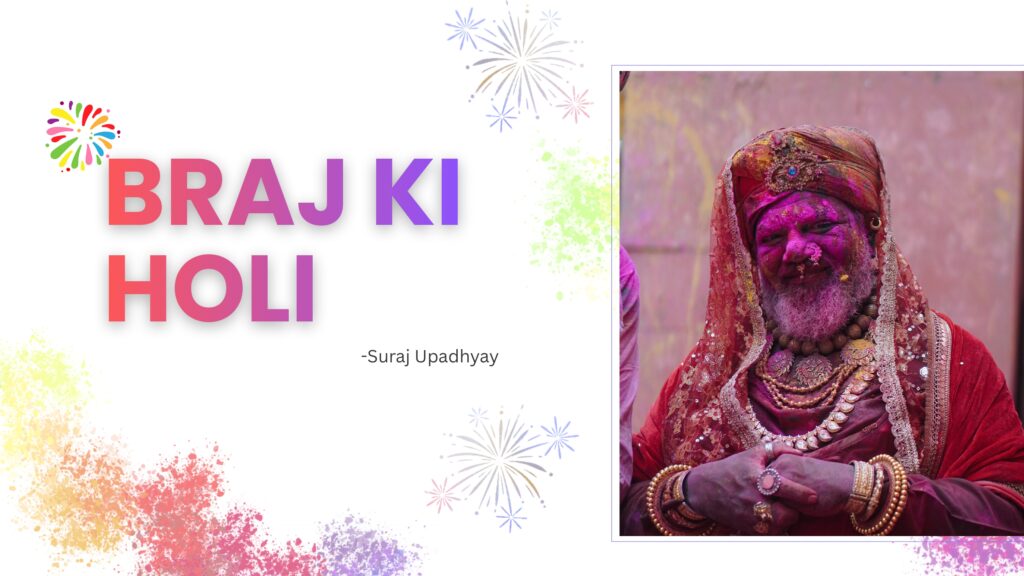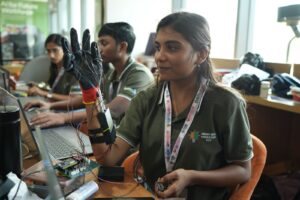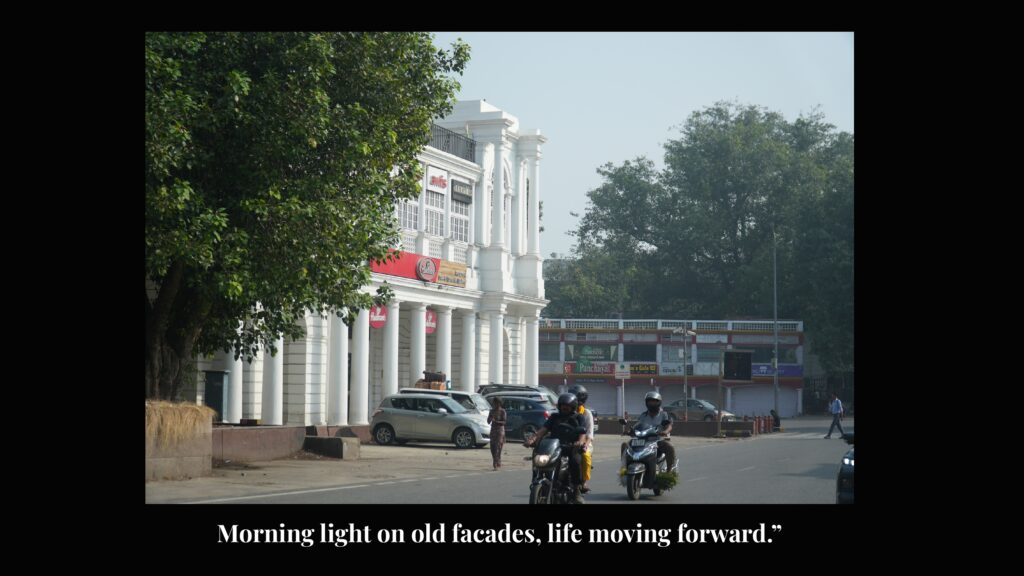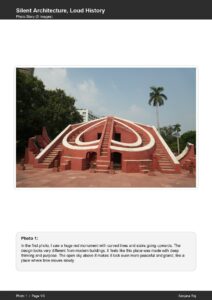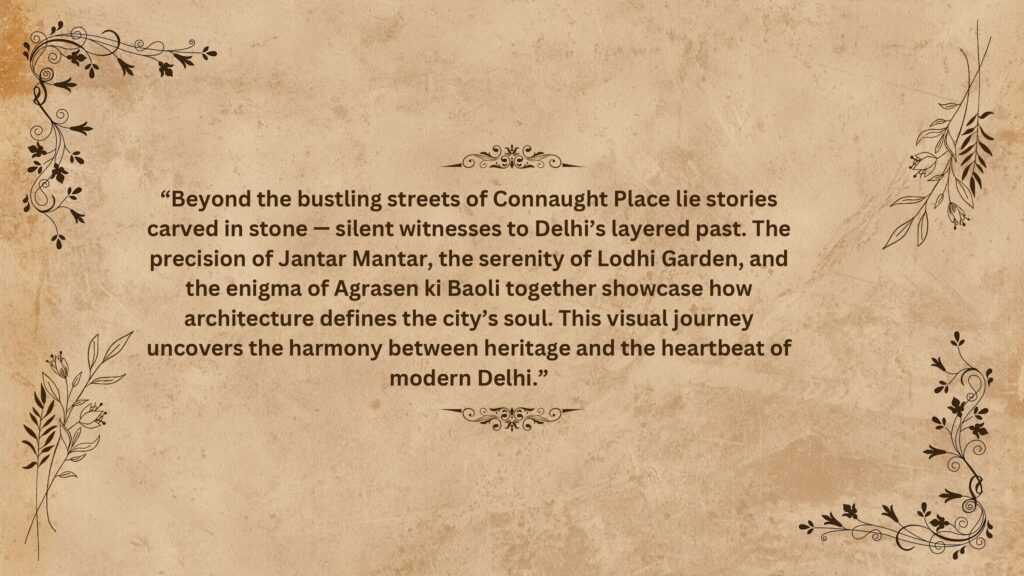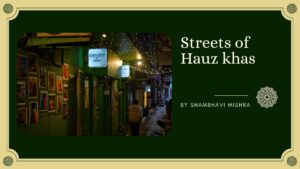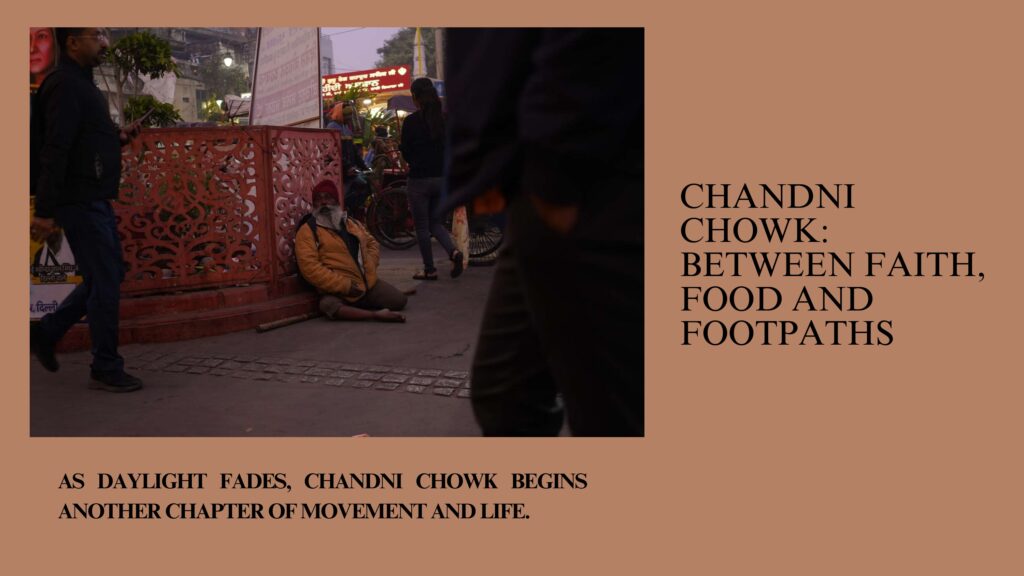
The School of Media and Communication Studies (SMCS) at Galgotias University hosted a master class on “History of World Journalism,” delivered by renowned journalist and academician Prof. Kripashankar Chaubey. Prof. Chaubey, who has an illustrious career with media outlets such as Jansatta, Swatantrata Bharat, Prabhat Khabar, and Sahara Samay, shared invaluable insights from his extensive experience and research.
The session began with a warm welcome address by Prof. A. Ram Pandey, Dean of SMCS. Prof. Chaubey’s lecture delved into the rich history of journalism, starting with the Roman Acta Diurna, often considered the precursor to modern newspapers. Drawing from key works like Jim Bernard’s How Newspapers Get Their News and Alexander Andrews’ The History of British Journalism, he explored the origins of organized reporting under Julius Caesar.
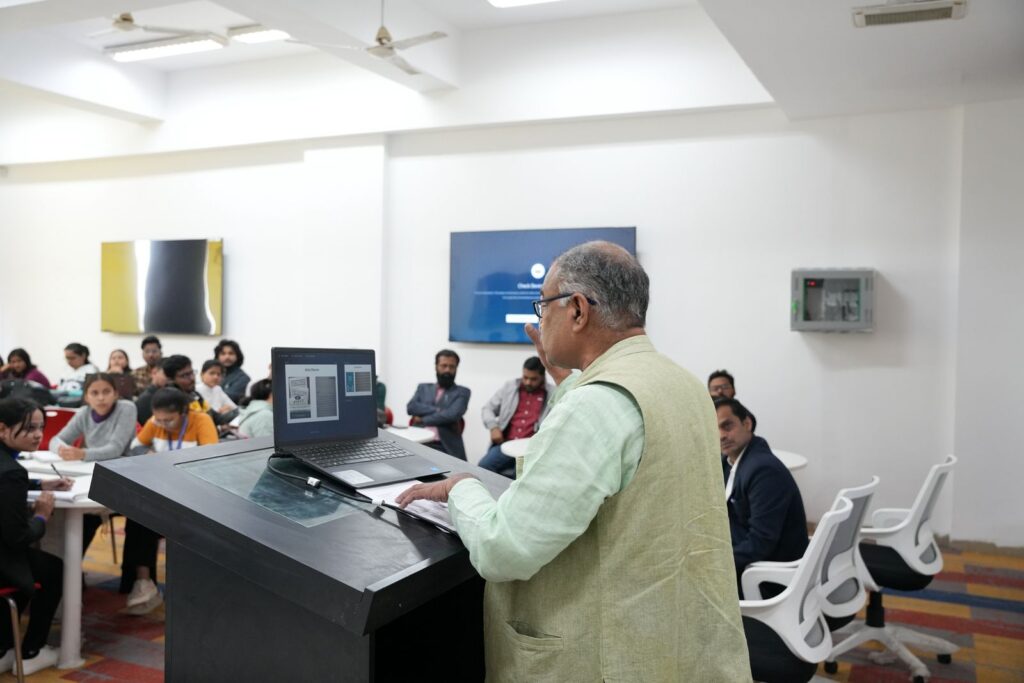
Prof. Chaubey also shed light on pivotal global milestones in journalism. He highlighted the invention of paper by Cai Lun in 105 AD, referencing John Naughton’s From Gutenberg to Zuckerberg, and discussed the cultural significance of publications like the Peking Gazette in China, which operated from 1618 to 1912, and Kai Yuan Za Bao, a court bulletin from the Tang Dynasty written on silk.
The audience was captivated by the story of Johann Carolus, the German philosopher who started the world’s first printed newspaper, Relations, in Strasbourg. Prof. Chaubey also spoke about the emergence of newspapers across Europe, including La Gazette de France in 1631, The London Gazette in 1665, Gaceta de Madrid in 1661, and Curanto in 1618 in Amsterdam.

The master class further explored the beginnings of journalism in the United States with Benjamin Harris’s Public Occurrences in 1690 and drew parallels with India’s James Hicky, whose Bengal Gazette in 1780 marked the advent of English newspapers in India. Prof. Chaubey emphasized Bengal’s pivotal role in Indian journalism, being home to the first newspapers in four different languages: Jam-i-Jahanuma (Urdu), Mirat-ul-Akhbar (Persian), Udant Martand (Hindi), and Hicky’s Bengal Gazette (English).
In his concluding remarks, Prof. Chaubey inspired the students with the motto of Hicky’s Bengal Gazette: “Open to all but influenced by none.”
The session ended with a vote of thanks delivered by Prof. Tasha Singh Parihar, leaving students and faculty enriched with profound knowledge and a deeper appreciation for the evolution of journalism worldwide.
